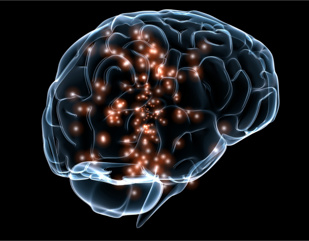Event Date:
Thursday, May 3, 2018 - 4:00am to 5:00pm
Event Location
Weill Auditorium

Marina E. Wolf, Ph.D.
Professor, Chair, Neuroscience
Rosalind Franklin University of Medicine and Science
The persistence of drug craving, even after long periods of abstinence, presents a major challenge when providing treatment for drug addiction. Craving is often triggered by cues or contexts previously associated with drug use. Surprisingly, such cue-induced craving progressively intensifies (incubates) over the first weeks of forced abstinence and withdrawal, and then remains high for months. This ‘incubation of craving’ has been reliably observed during withdrawal from self-administration of different classes of drugs of abuse, both in rodents and in humans. Incubation of craving is relevant to a common human scenario in which heavy drug use is interrupted by hospitalization or incarceration. Upon return to society, and drug-related cues, incubation is proposed to result in enhanced sensitivity to those cues and heightened susceptibility to relapse. Our previous work has shown that incubation of cocaine craving in rats ultimately depends on plasticity of glutamate transmission in the nucleus accumbens. This seminar will revolve around how glutamatergic plasticity alters the regulation of protein translation in the nucleus accumbens, and how altered protein translation is related to incubation of cocaine craving.

